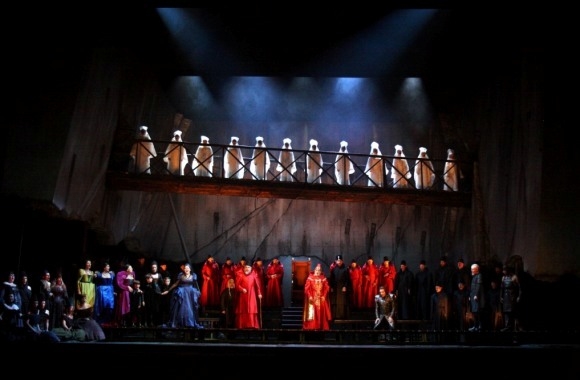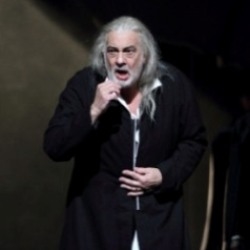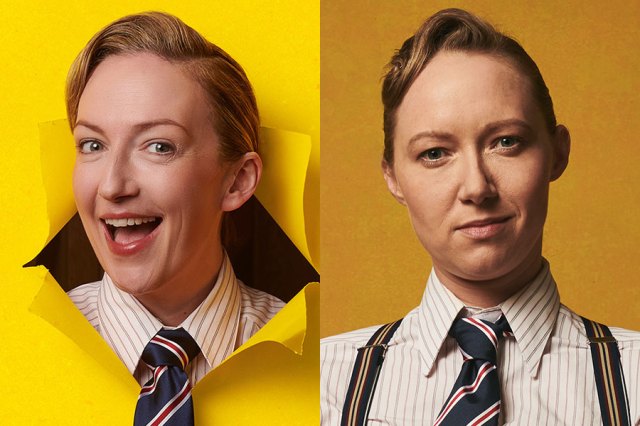I due Foscari (Royal Opera House)
Plácido Domingo headlines a rare opportunity to see Verdi’s early opera of political and paternal torment

© Catherine Ashmore
The tenor in question is the Italian Francesco Meli, and he is the main reason for catching this new Royal Opera production. A warm lyric singer in the José Carreras mould, Meli has surprising reserves of power and effortlessly dominates the orchestra even at full swell – something that Domingo, alas, can no longer quite manage.
The opera, only Verdi’s sixth, is a glum affair that’s leavened by rousing choral writing and occasional interludes of brilliant orchestration amid the rum-ti-tum. As a prototype for his later political romances Don Carlo and Simon Boccanegra it retains some interest, but as music drama in its own right it’s thin stuff. Foscari père is the Doge of Venice who must pronounce sentence on his imprisoned son Jacopo (wrongly accused, of course); his daughter-in-law Lucrezia stands by her man and does little more act by act than plead his cause. That’s about it for the story, save for some unearned deaths towards the end.
'There are heroes to be had and Domingo is one of them'
An imaginative production would have helped it along, but such things get booed these days at Covent Garden. Instead we get the Los Angeles staging by Thaddeus Strassberger that’s travelled the world with Domingo over the past couple of years, and what a bland affair it is. Set correctly in the opera’s 15th-century period with lowering designs by Kevin Knight that alter little during the evening except to accommodate the odd flown cage and trundling truck, chorus members parade Mattie Ullrich‘s history-book costumes on and off stage in stately, unvarying grandeur. There’s little else to look at save Lucrezia’s ever more improbable frock changes and the unexplained killing of her child when her husband dies. The whole thing’s moribund on arrival, and not even a pair of third-act fire-eaters can breathe life into it.

© Catherine Ashmore
With so many contributory factors involved, though, it is rare for any opera to fail on every count, and thus it proves here. There are heroes to be had and Domingo is one of them. Granted, his voice has lost penetration and the tinta remains that of a tenor, not a baritone, but his technique remains a thing of wonder while as an operatic actor he’s still the best. The Doge’s anguish, anger and mortal collapse in the closing scene were remarkable.
After a shaky first aria, Maria Agresta relaxed into her thankless role as Jacopo’s wife Lucrezia and transcended those dreadful diva dresses with a glowing soprano delivery. Maurizio Muraro was equally imposing as the villainous (from the Foscari point of view) leader of the governing ‘Council of Ten’, a sort of BBC Trust to the Doge’s DG.
Finally, and this is becoming a formality, the red-hot ROH Orchestra and Renato Balsadonna‘s immaculate Royal Opera Chorus played and sang like angels under Antonio Pappano‘s impassioned conducting. Thank goodness for the company’s music director: the thought of this I due Foscari with one of the Royal Opera’s favoured journeymen at the helm would be too terrible to contemplate.












